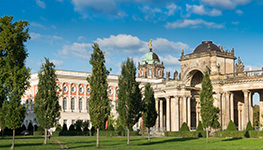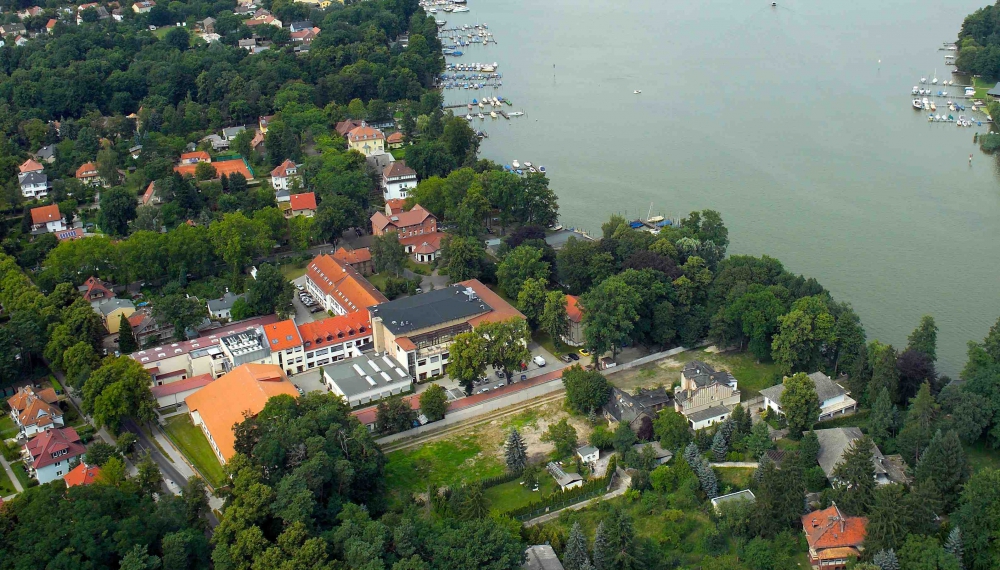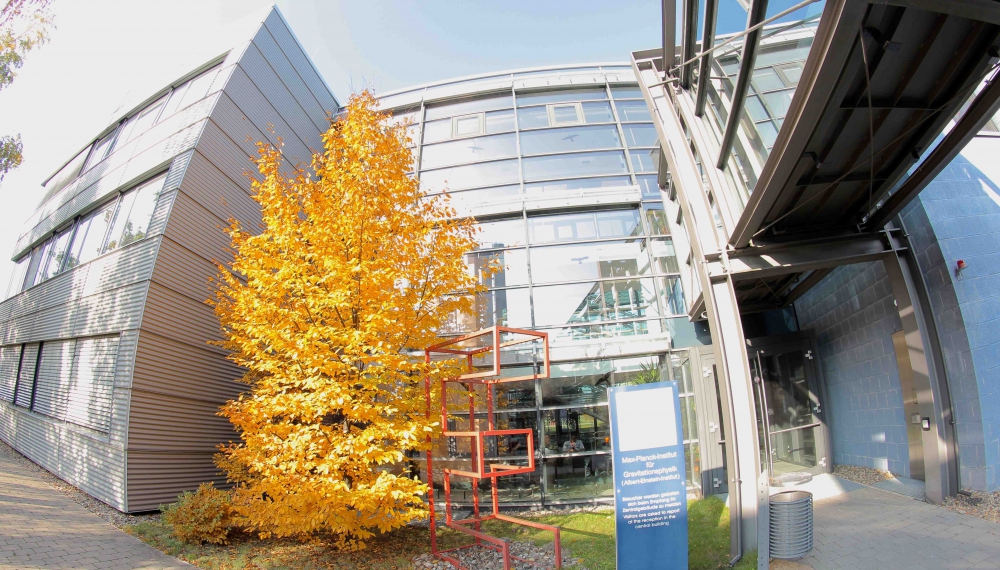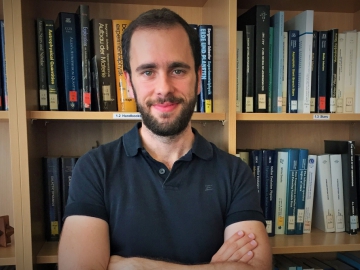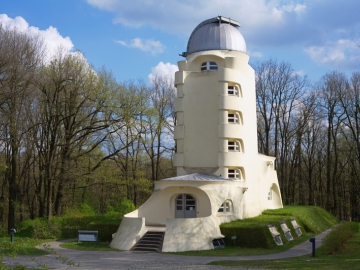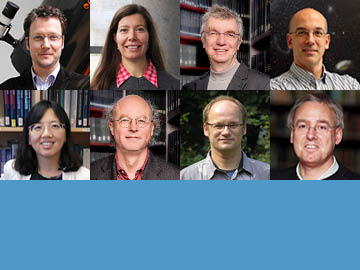Diverse research options for your doctorate
Featuring a university and three leading international non-university institutions, the location of Potsdam has a unique range of topics available in astrophysical research. You can choose (virtually) any topic for your doctoral research project. University and non-university research groups explore the cosmos at all scales, from the sun to the large-scale structures of the universe. The methodology applied comprises observation and data evaluation, theoretical – analytical and numerical – methods, as well as the development of hardware and software for astronomical instrumentation. Potential topics for doctoral theses can be found on the Astrophysics Network institutions’ websites.
In Potsdam, you can pursue a doctorate at the university or in cooperation with the Leibniz Institute for Astrophysics Potsdam (AIP), the Deutsches Elektronensynchrotron (DESY) or the Max Planck Institute for Gravitational Physics (Albert Einstein Institute, AEI). You will usually need around three years to complete a doctorate.
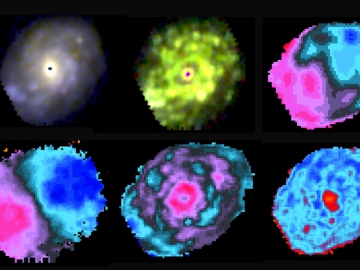
Structured doctorates
In order to ensure that you make optimum use of your time and get your academic career off to a successful start, the non-university institutions in the Astrophysics Network have agreed to offer structured doctoral training in collaboration with the University of Potsdam. This agreement regulates the rights and obligations of the supervisors and doctoral candidates, and recommends that success is monitored at regular intervals. Joint events directed at all doctoral candidates in the network are also offered, enabling you to establish contacts to other researchers. Three subject-specific Graduate Schools enable doctoral candidates to conduct research within a thematic network with a suitable curriculum. You will also have the opportunity to develop your professional and personal skills at the University of Potsdam’s interdisciplinary Potsdam Graduate School.
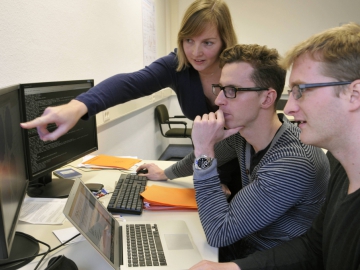
Excellent infrastructure
As a young researcher, a wide range of research opportunities will be open to you at the institutes. Thanks to the outstanding research conducted at Potsdam, you can benefit from close cooperative activities and alliances at the international level. The active involvement of Potsdam’s institutions in some of today’s most powerful earth- and space-based observatories ensures your access to observation data. A range of high-performance computing clusters are available on-site for further data evaluation, software development and numerical work. More complex numerical simulations are run on various computer clusters of the TOP500 supercomputers. The network’s institutions are involved in the construction, development of instrumentation and operation of many telescope projects throughout the world.

Developing your career opportunities
Potsdam Graduate School is a central contact point for doctoral candidates wishing to hone their professional and transferable skills. It also acts as an umbrella organization for all structured doctoral programs, and provides networking options for doctoral candidates from all subject areas at the university and the non-university research institutions. Potsdam Graduate School ensures ideal conditions for doctoral studies, and provides support in the form of travel and publishing allowances or scholarships. Career Talks, a Science Club and PhDay offer excellent opportunities for contemplating one’s career options. The “Teaching Professionals” program, which has won several awards, offers a qualification in the field of university teaching, which may presents a distinct career advantage.
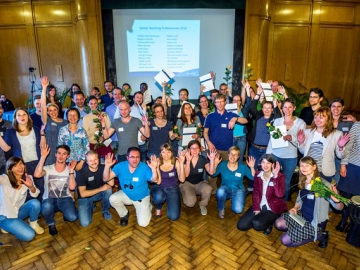
Central university facilities, international matters
The university has numerous facilities that are also available for use by employees of the non-university institutions. You will have special access to university services such as the University Sports Club, the libraries, canteens and other services offered at the University of Potsdam. For example, the Welcome Center provides support to international researchers who relocate to Potsdam, and helps them deal with the authorities. Child care facilities and the Equal Opportunity Coordination Office contribute to family-friendliness. You can attend all kinds of language courses at the Center for Languages and Key Competences; and if you are contemplating starting up a company, you will receive support from Potsdam Transfer.
The Welcome Center Potsdam assists international doctoral candidates in the enrollment process. If you are enrolled at a foreign university and simply want to research in Potsdam for one or more semesters, you can also enroll as a ‘program student’.
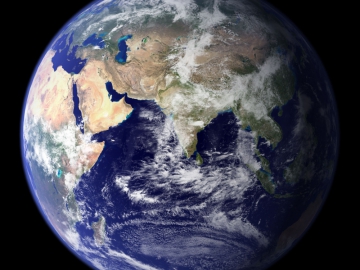
Grants and scholarships
Doctoral candidates of astrophysics at the University of Potsdam or one of the non-university institutions are usually employed as research assistants within a project. You can also apply instead to one of the Graduate Schools.
Alternatively, you can finance your doctoral research project with a scholarship from one of the many different funding institutions for doctoral candidates. Information and additional links are available on the university website. The University of Potsdam also grants new PhD scholarships each year in the context of postgraduate financial assistance by the Federal State of Brandenburg.


